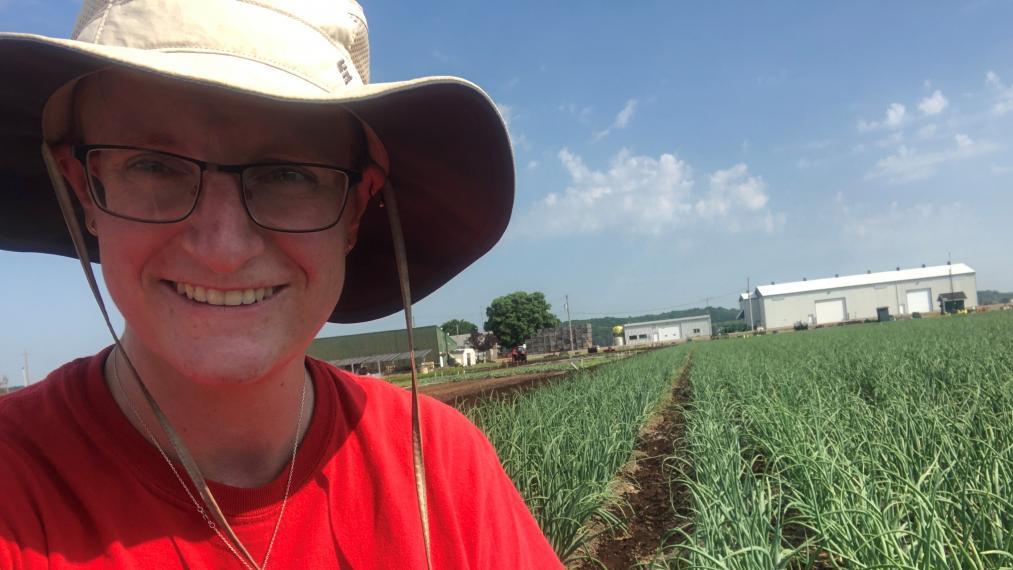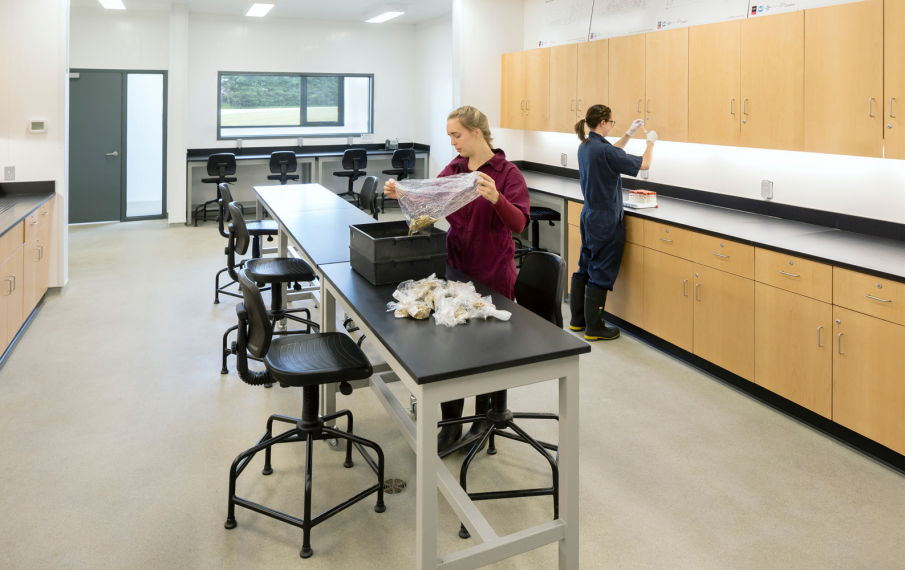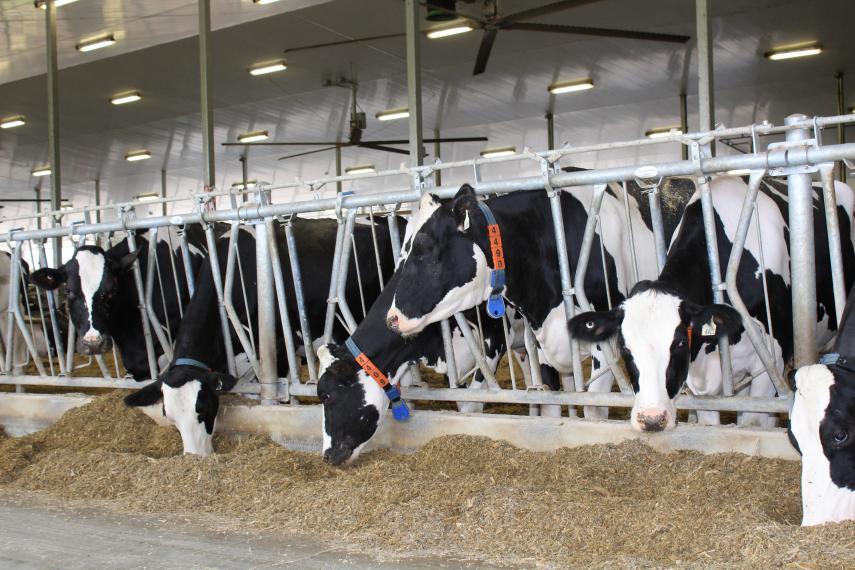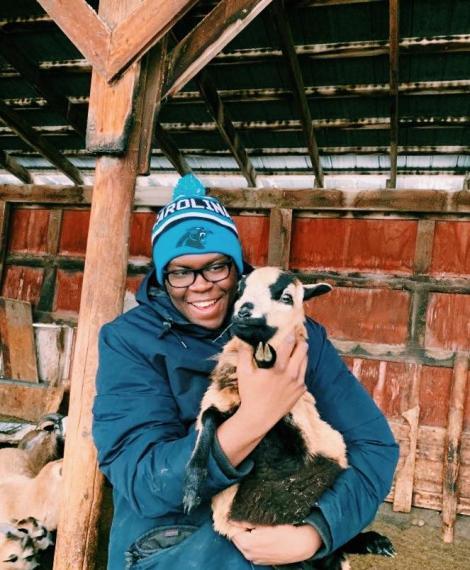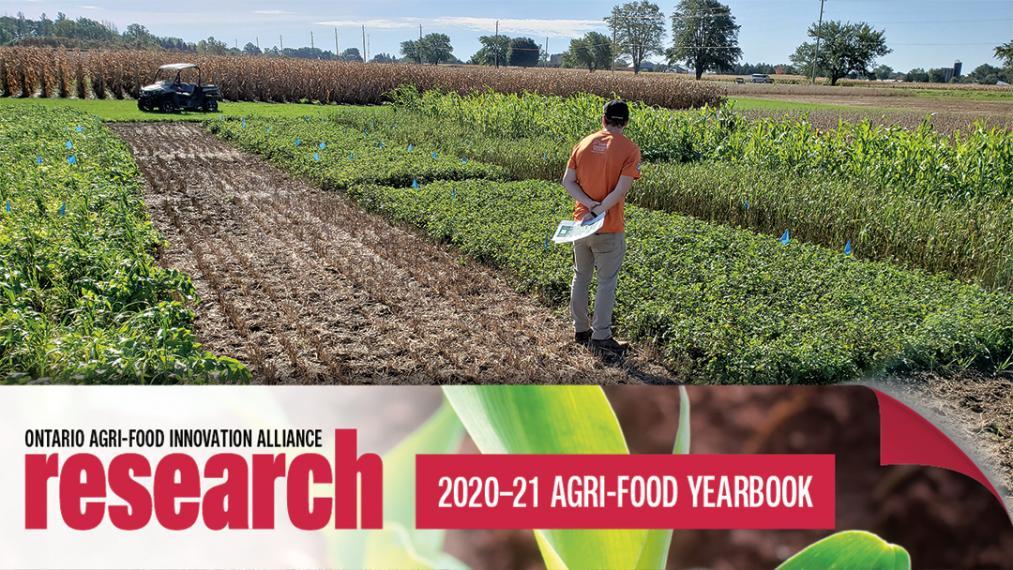
A long-term look at cover crops
From mid-summer until the following spring, some Ontario fields lie fallow while others are covered with crops designed to rejuvenate the soil. University of Guelph researchers are investigating various combinations of cover crops to see which ones offer the best environmental and economic improvements. This long-term study is being conducted at the Ontario Crops Research Centre sites in both Elora and Ridgetown, coordinated by plant agriculture professors Dr. Manish Raizada and Dr. Dave Hooker, respectively.
